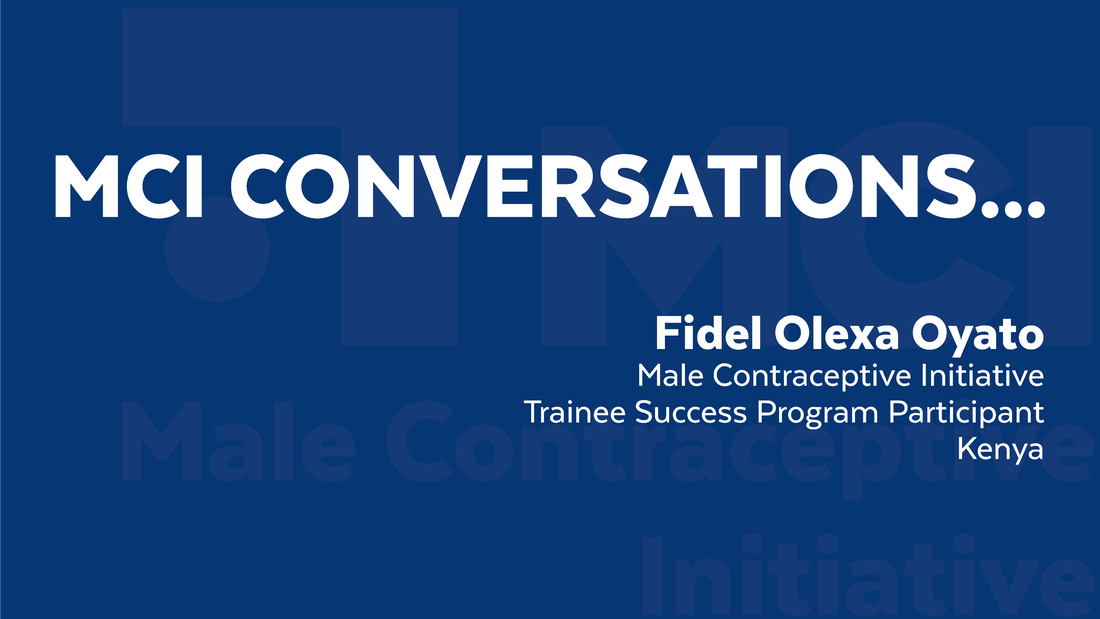|
How does the law relate to reproductive health, especially male contraception? This is a question I found myself answering in many instances whenever I presented my topic to the lecturer for approval. For once, I thought this would be a unique experience; doing something that has been missing in my field of study and the feeling of being the first to explore the idea was overwhelming. Little did I know that I was getting myself into something that would shape my general perception and career projection. Male contraception does not appear anywhere in my notes or study materials. This tells how much policy adoption and implementation on family planning in general and male contraception in particular has been neglected in the study of law even though people’s access to contraceptive methods of their preference is a determinant of human rights, such as the right to life and liberty, freedom of opinion and expression and the right to work and education. It is also associated with multiple health benefits. The US Supreme Court’s recent decision in Roe v Wade is another reason to believe that policies have massive bearing on reproductive health, and in most cases it is negative. This should change.
The opportunity to explore this topic has been eye-opening. First, I have a better grasp of male reproductive autonomy like never before. This is a sensitive area in African Society and one that I enjoyed working on. Secondly, this project has challenged me to do more. Becoming a lawyer was always a dream based on doing good and upholding human rights and I believe I have found a niche. Not many legal professionals are interested in this, in fact I haven’t heard of lawyers fighting for reproductive health issues. I want to change that, and this has been the first step in the right direction. I would say my career has taken a completely different path, thanks to MCI’s Trainee Success Program. What are my plans for the future? I have so many contrasting ideas and this is primarily due to my insufficient understanding of reproductive health and male reproductive autonomy. However, the clearest one is to study Public Health to first understand reproductive health issues better. My immediate plans include improving education on male contraception, breaking barriers to access, and debunking misconceptions based on societal and gender norms. Honestly, I do not know what the future holds but I would very much like to be a change agent in Kenya and Africa at large, with respect to male reproductive autonomy. I wish to extend my gratitude to Male Contraceptive Initiative for unlocking this dream and hope that we walk this journey together. Reproductive health is a human right and should be treated as such.
2 Comments
Daniel
9/5/2022 12:31:43 am
It’s great to hear of your work in Kenya Felix!
Reply
MASIKA LENNOX
9/28/2022 12:54:31 pm
It's quite encouraging to me as I venture into this field from Kenya advocating for reproductive autonomy
Reply
Your comment will be posted after it is approved.
Leave a Reply. |
Categories
All
Archives
June 2024
|
|
|
Donate to Male Contraceptive InitiativeYour generous donation makes a difference!
|
© Male Contraceptive Initiative. All rights reserved.


 RSS Feed
RSS Feed
